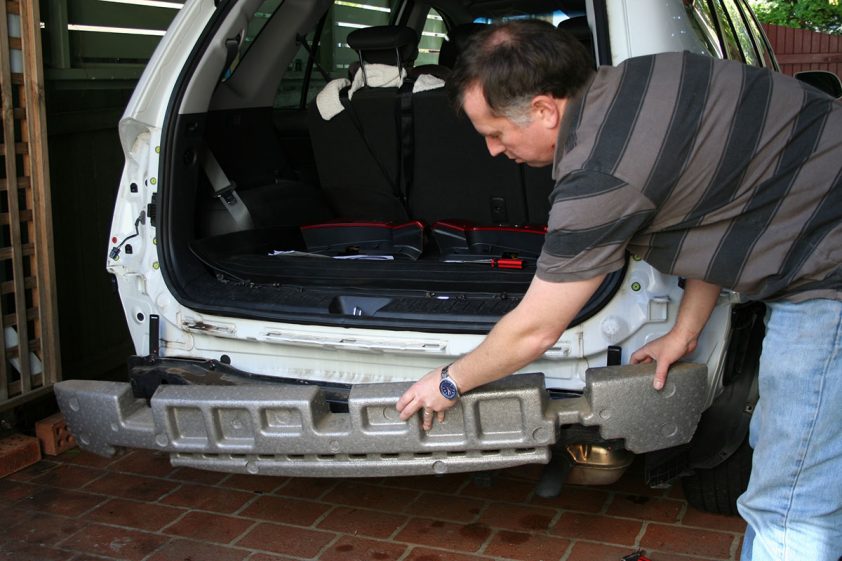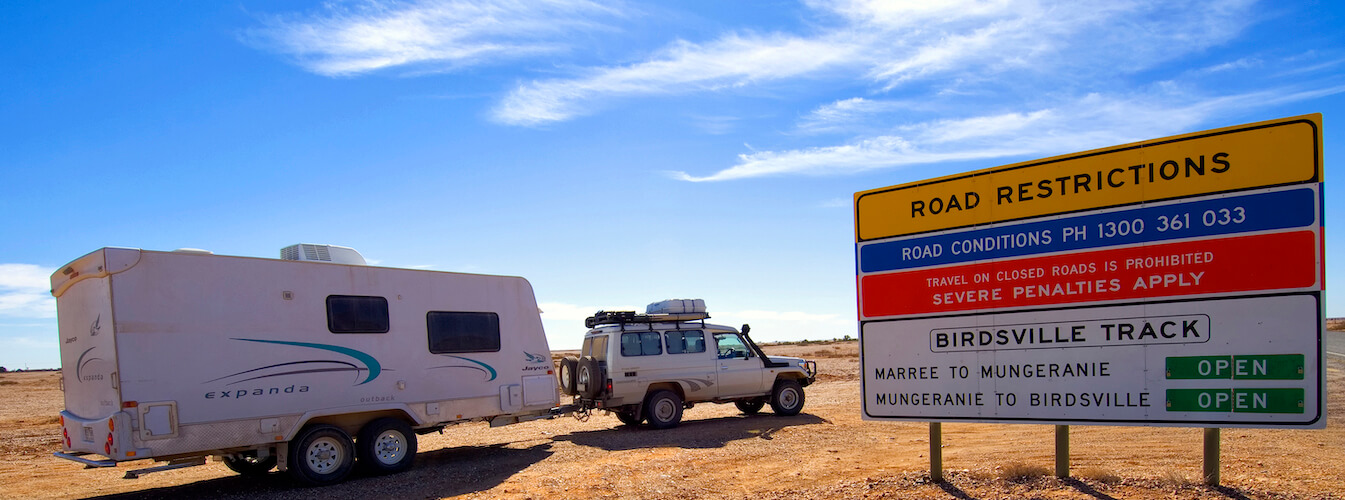Correct trailer load should carry the same level of importance as any other area of vehicle safety. Because it can affect performance, safety and your insurance, the message is clear: don’t overload your trailer.
Buy right
Before we discuss overloading, it’s important that you purchase the correct trailer for the types of hauling you intend to do. Most trailer users will only need to move things like rubbish to the tip and furniture between houses. But if you know you’re going to be moving greater masses (like bricks and tiles), you should factor that in by choosing a trailer with the right capacity.
There’s more to overloading than putting too heavy a load in the trailer. To make sure you don’t overload your trailer, be aware of the following points where overloading can occur across both trailer and vehicle:
- Gross Trailer Mass (GTM)
GTM is the maximum allowable mass vertically placed on the trailer’s axle(s) while the trailer is hitched to the tow vehicle, including the trailer’s payload (the maximum weight that can be loaded onto the trailer). Exceeding the GTM can reduce performance and eventually damage the axle, suspension, wheel bearings and tyres. Exceeding the GTM is also likely to affect the ATM and/or TBM (see below).
- Tow Ball Mass (TBM)
TBM is the vertical weight exerted on the tow ball by your trailer. An overloaded trailer can exceed the vehicle’s maximum TBM, lifting the front axle of the tow vehicle and reducing its capacity to steer and brake safely. Overloading your trailer can also exceed the maximum mass allowed on the tow vehicle’s rear axle.
Exceeding the maximum TBM can even lead to the tow bar and tongue bottoming out over bumps.
- Aggregate Trailer Mass (ATM)
ATM is the mass rating of your trailer plus its maximum allowed payload when unhitched from the tow vehicle, or GTM + TBM. Exceeding it can place undue strain on the tow vehicle and tow bar assembly. Trailers with an ATM rating of 750kg aren’t required to have brakes – therefore, exceeding it reduces the tow vehicle’s capacity to brake safely. On braked trailers, exceeding the ATM reduces overall braking performance.
Exceeding ATM can also cause the trailer to sway dangerously when the vehicle is moving.
You should find a combination of GTM, TBM and ATM stamped on the vehicle identification number (VIN) plate of your tow vehicle and trailer.
Public weighbridges
If you haven’t weighed your fully laden trailer and you have doubts about whether you’re towing a safe load, you can look up one of the hundreds of licenced public weighbridge operators around Australia on the National Measurement Institute website.
The law requires that manufacturers make towing capacities clear. But it’s up to you to ensure you abide by them. They are specified with your safety and that of others in mind – so don’t overload your trailer.
For a deeper explanation of towing capacities, read our caravan towing capacity guide (note that the rules are the same for trailers and caravans).





